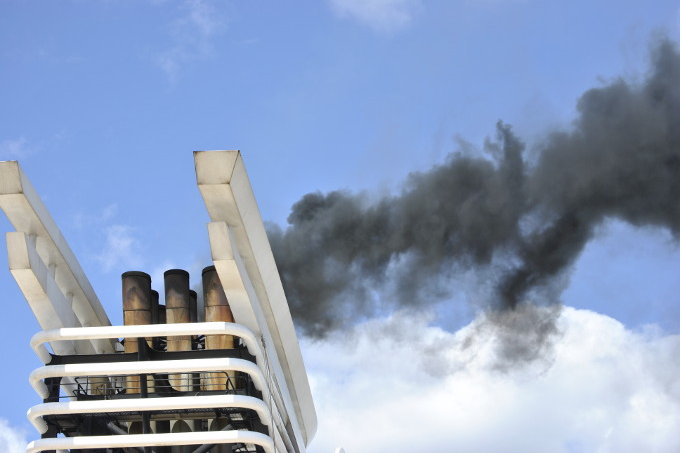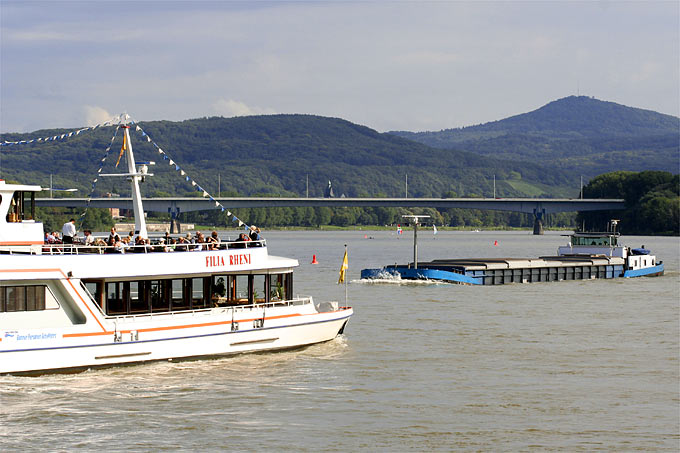LNG as Marine Fuel
Hype or useful option to reduce air pollutant and greenhouse gas emissions?

Schiffssschlot - Foto: NABU/Schulte
Over the past years the reduction of air pollution and greenhouse gas emissions finally became one of the top priority issues for the shipping community. Although ships today are considered a comparatively climate-friendly mode of transport regarding their carbon dioxide (CO2) emissions per tonne-kilometre, their overall environmental performance is significantly worse due to the massive release of harmful air pollutants such as sulphur dioxide, nitrogen oxides and particulate matter including black carbon. LNG (liquefied natural gas) is currently discussed as a solution for the sector’s air pollution problems. LNG reduces the amount of air pollution significantly and already is in line with future regulation on the horizon – be it the implementation of further Emission Control Areas or a global sulphur cap of 0.5 percent from 2020 on. However, vital questions on the environmental performance, life-cycle analysis and infrastructure have not been addressed adequately yet. This publication reflects a holistic assessment of the technology and its impacts for climate, health and the environment.
Today's predominantly used marine fuels, heavy fuel oil (HFO) and even marine gas oil (MGO) with lower sulphur contents have an enormous environmental impact as they cause lots of exhaust gases, while oil spills and illegal dumping to the ocean lead to severe eco system damages. Therefore, it is crucial to identify and promote alternatives which will ensure the sustainability of shipping as the central transport mode of the globalized world economy in the future.
Operating ships on LNG is a continued use of a fossil fuel and consequently not sustainable and in line with global climate agreements. Under the scenario of a widely decarbonised transport sector in 2050 fossil gas can merely represent a bridge technology - renewable energy sources must be given preference as quick as possible.
More Information
Busses, Trains, Cars and Bicycles – there are manifold possibilities and means of transportation to navigate through one's day-to-day life. A comprehensive mobility is a given natural for our modern way of life, however, at the same time certain modes of transport have drastically negative effects on our climate, environment and health. more →

